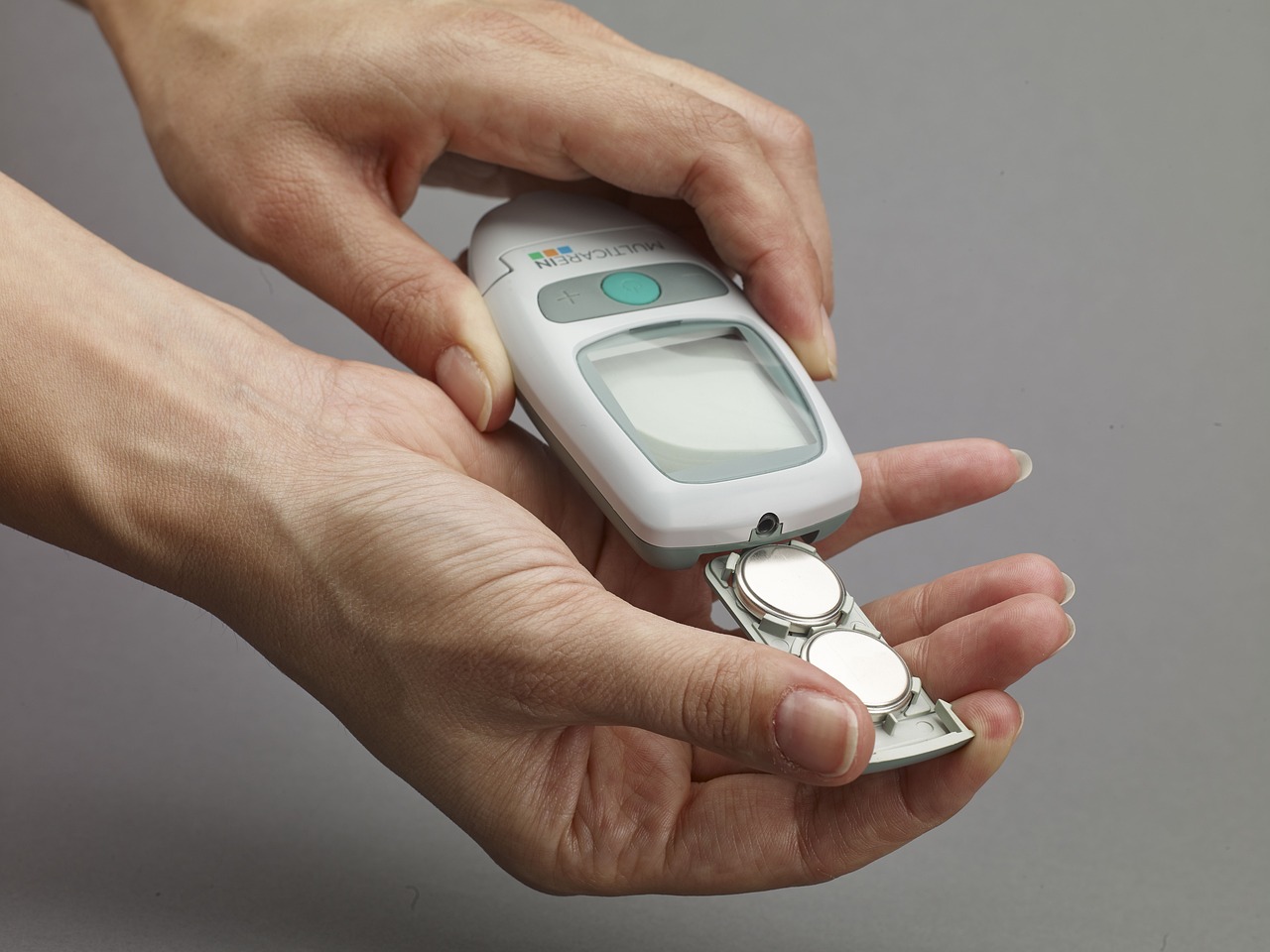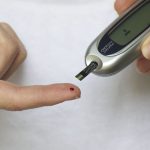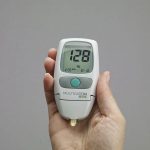
Biomedical device testing is a critical process in ensuring the safety and efficacy of medical devices. When it comes to biomedical device testing, there are things to know. In this article, we will discuss the three main points you need to be aware of when it comes to biomedical device testing. Stay safe and informed with this information.
The first thing you should know about biomedical device testing is that it is a process of verifying and validating the safety and efficacy of medical devices. This testing is essential in order to ensure that devices are safe for use by patients and healthcare professionals. Biomedical device testing includes both in vitro and in vivo testing. In vitro testing is performed on cells or tissues outside of a living organism, while in vivo testing is conducted on live animals.
Biomedical device testing is important because it helps to ensure the safety and efficacy of medical devices before they are used on humans. This type of testing can help to identify potential risks associated with using a particular device. Additionally, biomedical device testing can also help to determine whether or not a medical device is effective at treating a particular condition.
There are a variety of different types of biomedical device testing that can be performed. Some of the most common types of biomedical device testing include:
- Functional Testing: This type of testing is designed to evaluate how well a medical device works. This may involve testing the device under a variety of different conditions, such as in different temperature or humidity levels.
- Safety Testing: This type of biomedical device testing is conducted in order to assess the potential risks associated with using a particular medical device. Safety tests may examine things like electrical safety, mechanical safety, and biocompatibility.
- Efficacy Testing: This type of biomedical device testing is used to determine whether or not a particular medical device is effective at achieving its intended purpose. Efficacy testing may involve clinical trials or other types of studies.
Knowing the different types of biomedical device testing can help you better understand the process and what to expect. It is important to work with a qualified and experienced team when conducting any type of biomedical device testing. At Sterling Medical Devices, we have over 25 years of experience in biomedical device testing and can help you ensure that your devices are safe and effective. Contact us today to learn more about our services or to request a quote.


